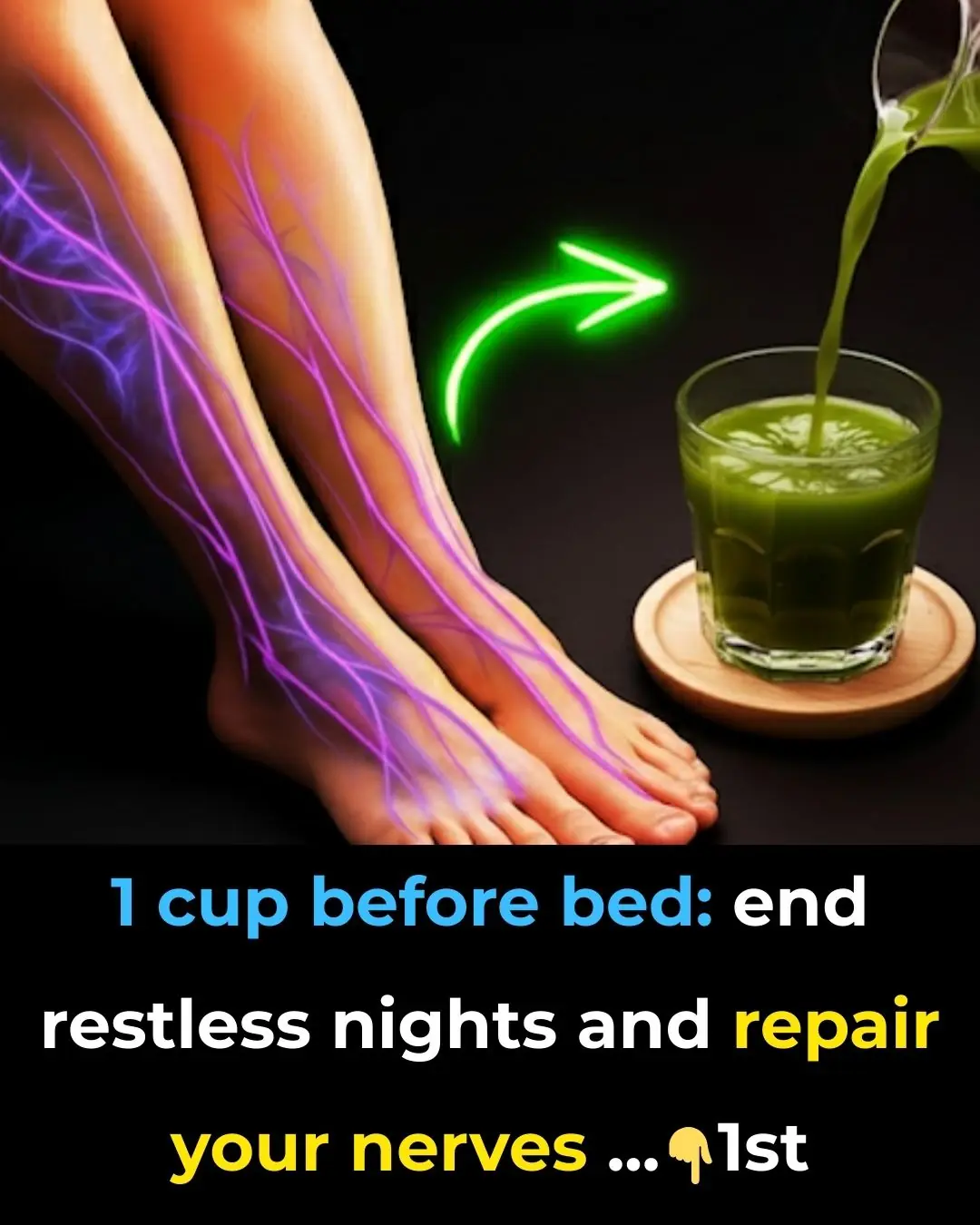
Preventing Stroke At Any Age: 3 “Don’ts” After Meals—And 4 “Don’ts” Before Bed

Imagine waking up and not being able to speak. Imagine trying to walk, but your legs no longer respond. For millions of people around the world, this terrifying scenario isn’t just a bad dream—it’s reality.
A stroke can strike suddenly and without warning. It can rob you of your ability to move, speak, think clearly, and live independently. And what’s most unsettling? Many strokes are triggered not by major health events, but by everyday habits—like late-night dinners, inactivity after meals, or poor sleep hygiene.
The Good News: Up to 80% of Strokes Are Preventable
Modern medical research now confirms a powerful truth: up to 80% of strokes are preventable—not through expensive drugs or radical treatments, but by making smarter, simpler lifestyle choices. Two of the most critical time windows for stroke prevention are after meals and before bedtime.
What you do—or fail to do—during these windows can significantly affect your brain health. Our bodies respond to late meals, sedentary routines, alcohol, and disrupted sleep with elevated inflammation, blood pressure spikes, insulin resistance, and poor circulation—all factors that can increase stroke risk over time.
Let’s explore the 3 things you should never do after eating, and the 4 key behaviors to avoid before going to bed—all based on the latest scientific findings. By applying these habits daily, you can significantly lower your stroke risk, protect your brain, and support long-term health—no matter your age.
After Meals: 3 Things to Avoid
1. Don’t Sleep or Nap Right After Eating
Feeling sleepy after a meal is natural, but lying down too soon can interfere with digestion and metabolic function. Over time, this seemingly harmless habit is associated with:
-
Insulin resistance
-
Weight gain
-
Elevated blood pressure
All of these are major stroke risk factors.
Research shows that allowing at least 2–3 hours between your last meal and lying down supports better digestion, metabolic regulation, and healthier sleep. If you must rest, choose a seated position rather than lying flat.
✅ Better alternative: Engage in light activity (e.g., tidying up, gentle stretching) to aid digestion and improve glucose control.
2. Don’t Stay Sedentary
Sitting or reclining immediately after a meal may feel comfortable—but it’s far from healthy. Staying inactive after eating:
-
Slows digestion
-
Causes spikes in blood sugar
-
Weakens cardiovascular function over time
Studies show that a 20-minute walk after meals helps regulate both glucose and blood pressure, reducing your risk of type 2 diabetes, hypertension, and stroke.
✅ Better alternative: Try a brisk walk, even around your home or block. Just 2,000–3,000 steps post-meal can make a measurable difference.
3. Don’t Drink Alcohol After Eating
Many people enjoy a drink after dinner to relax, but this habit could be silently damaging your brain and blood vessels. Studies link even moderate alcohol intake to:
-
Increased inflammation
-
Higher stroke risk
-
Poor vascular function
The risk compounds when drinking becomes a routine part of evenings or meals.
✅ Better alternative: Choose non-alcoholic options like herbal tea, sparkling water, or infused water to support hydration and vascular recovery.
Before Bed: 4 Critical Don’ts
1. Don’t Eat Dinner Too Late
Eating after 9 p.m. or too close to bedtime can interfere with your circadian rhythm, impair metabolism, and disrupt sleep. A large French study involving over 100,000 participants found:
-
Eating after 9 p.m. increased stroke and cardiovascular risk by 28%
-
Every hour’s delay in dinner or breakfast timing raised overall heart risk
Late-night eating increases nighttime blood sugar, inflammation, and fat storage—all contributors to stroke.
✅ Better alternative: Finish dinner by 7:30 or 8 p.m., ideally 3 hours before bedtime.
2. Don’t Go to Bed Too Late or Irregularly
Sleep quality and timing matter just as much as duration. Irregular sleep schedules or very late bedtimes are linked with:
-
Higher blood pressure
-
Poor glucose metabolism
-
Greater stroke and heart attack risk
Studies tracking 72,000+ adults found both short sleep (<5 hours) and long sleep (>9 hours) significantly increased stroke risk—by 33% and 71% respectively.
✅ Better alternative: Go to bed at the same time every night. Aim for 7–9 hours of consistent, high-quality sleep.
3. Don’t Drink Alcohol Close to Bedtime
While alcohol may help you fall asleep faster, it fragments sleep, lowers REM sleep, and increases stroke risk. It also causes:
-
Blood pressure spikes
-
Heart rate variability
-
Inflammation and oxidative stress
These effects can last into the next day, compounding the risk over time.
✅ Better alternative: Choose calming alternatives like chamomile tea, lemon balm, or warm milk.
4. Don’t Consume Caffeine or Heavy Meals Late
Caffeine after 3–4 p.m. can delay sleep onset by hours, while late or heavy meals can cause indigestion, heartburn, and poor sleep quality.
Poor nighttime digestion is associated with autonomic nervous system dysfunction, which plays a key role in blood pressure regulation and stroke prevention.
✅ Better alternative: Eat light in the evening, avoid spicy/fatty foods, and stop all caffeine intake by mid-afternoon.
Why These Habits Work: The Science Behind Them
1. Meal Timing, Circadian Rhythms, and Stroke Risk
Our body’s internal clock regulates everything from insulin sensitivity to inflammation. Eating or sleeping at odd times misaligns this clock, leading to metabolic strain, blood sugar swings, and chronic inflammation—all risk factors for stroke.
2. Sleep Quality Is Brain Health
Stroke risk rises with poor sleep patterns—even in people with no other major health problems. Sleep apnea, snoring, and inconsistent sleep have all been strongly linked to cardiovascular and cerebrovascular disease.
3. Small Lifestyle Changes = Major Stroke Prevention
Combined with other protective behaviors (like managing blood pressure, avoiding tobacco, and eating whole foods), these simple changes can dramatically lower the chance of stroke—even for those with family history or previous risk factors.
Putting It All Together: A Stroke-Preventing Daily Routine
Morning & Afternoon
-
Eat a healthy breakfast before 9 a.m.
-
Choose whole foods rich in fiber, healthy fats, lean protein
-
Exercise at least 30 mins/day, 5 days a week
-
Stay hydrated and avoid excessive sodium
After Meals
-
Wait 2–3 hours before lying down
-
Take a 20-minute walk
-
Avoid alcohol—drink herbal tea or water instead
Evening & Bedtime
-
Eat dinner by 8 p.m.
-
Avoid heavy meals, caffeine, and alcohol late at night
-
Limit screen time 1 hour before bed
-
Stick to a consistent bedtime schedule
Final Tips to Stay Stroke-Free
-
Implement one habit at a time—small changes add up
-
Use a habit tracker or app to monitor eating and sleep patterns
-
Set phone reminders for meals and bedtime routines
-
Share this knowledge with loved ones—it can save lives
By following these science-backed habits, you’re not just reducing stroke risk—you’re optimizing your body’s natural rhythms and protecting your brain, heart, and future.
Stay consistent. Stay proactive. A few smart habits today can protect you from a stroke tomorrow.
News in the same category

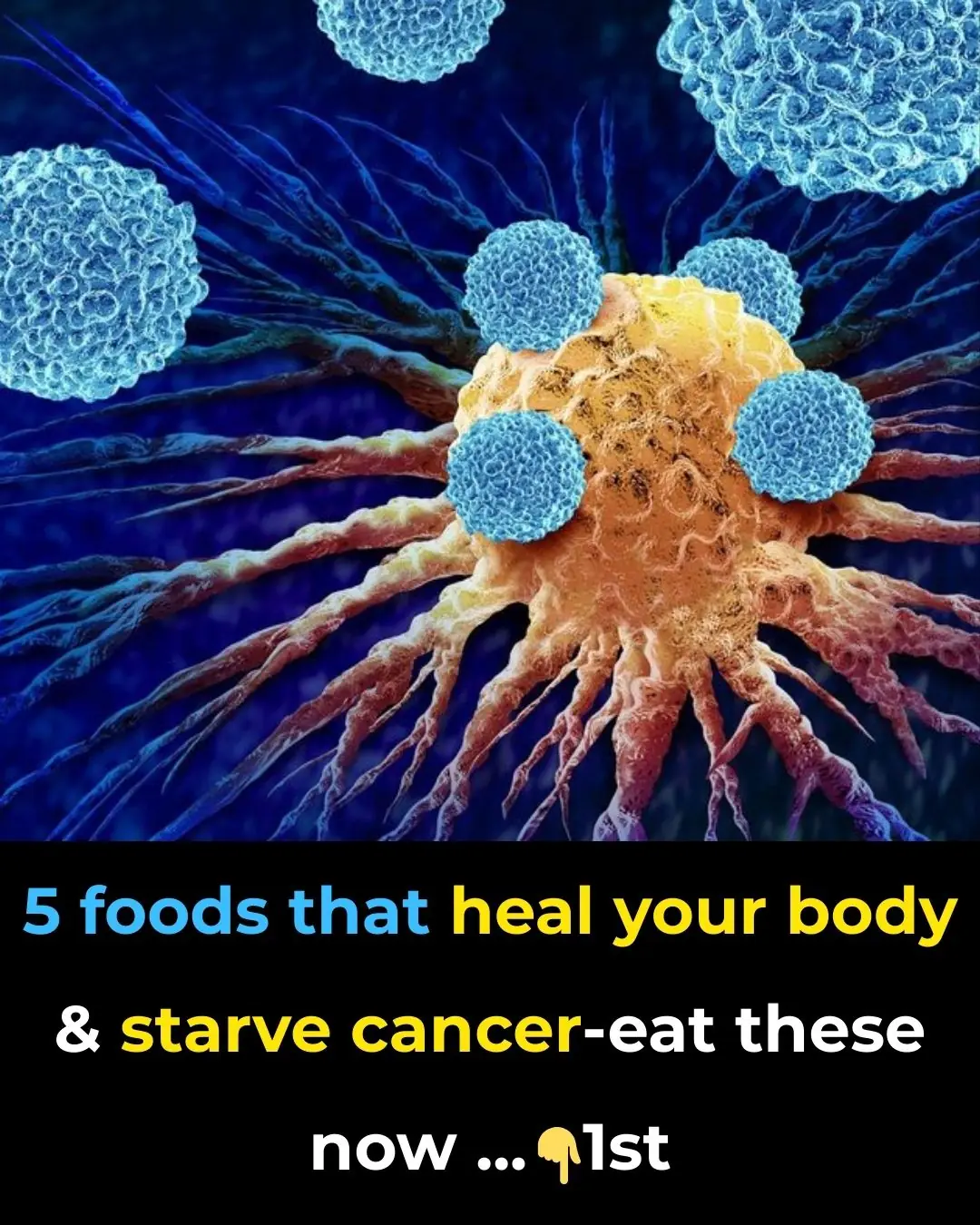
5 foods that heal your body and STARVE cancer—eat these now!

The Truth About “Old Person Smell”: What Causes It And How To Get Rid Of It
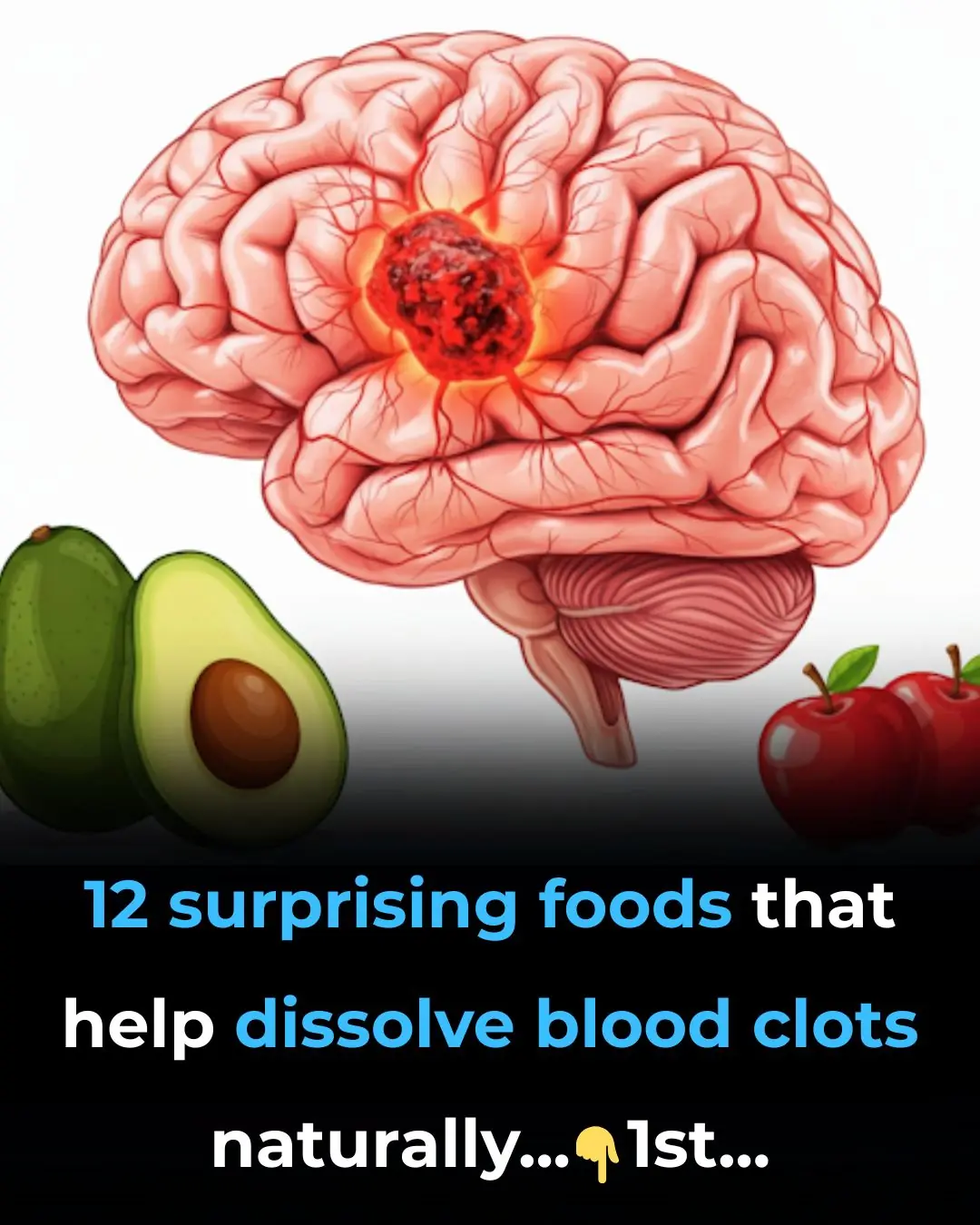
12 surprising foods that help dissolve blood clots naturally
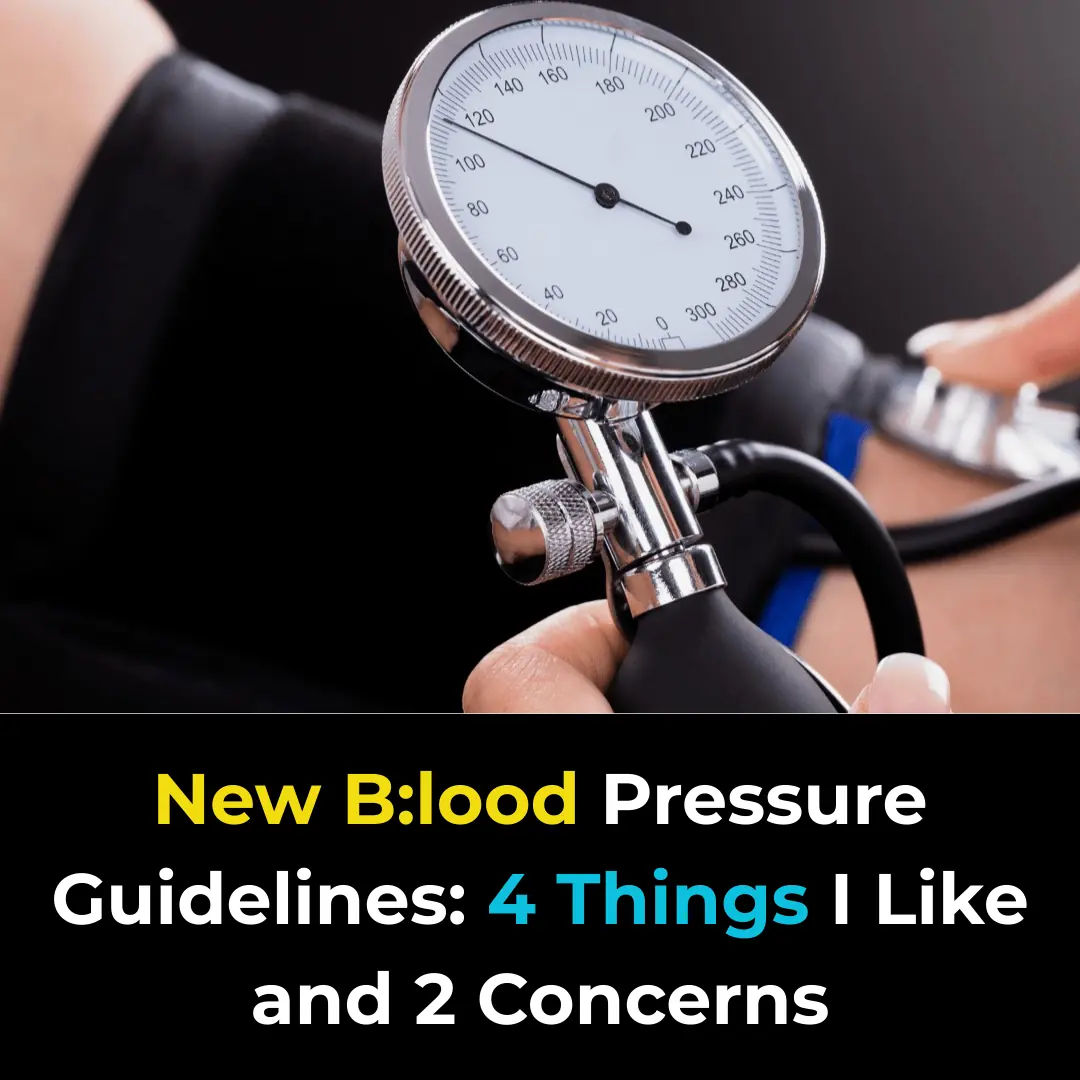
New B::l:ood Pressure Guidelines: 4 Things I Like and 2 Concerns
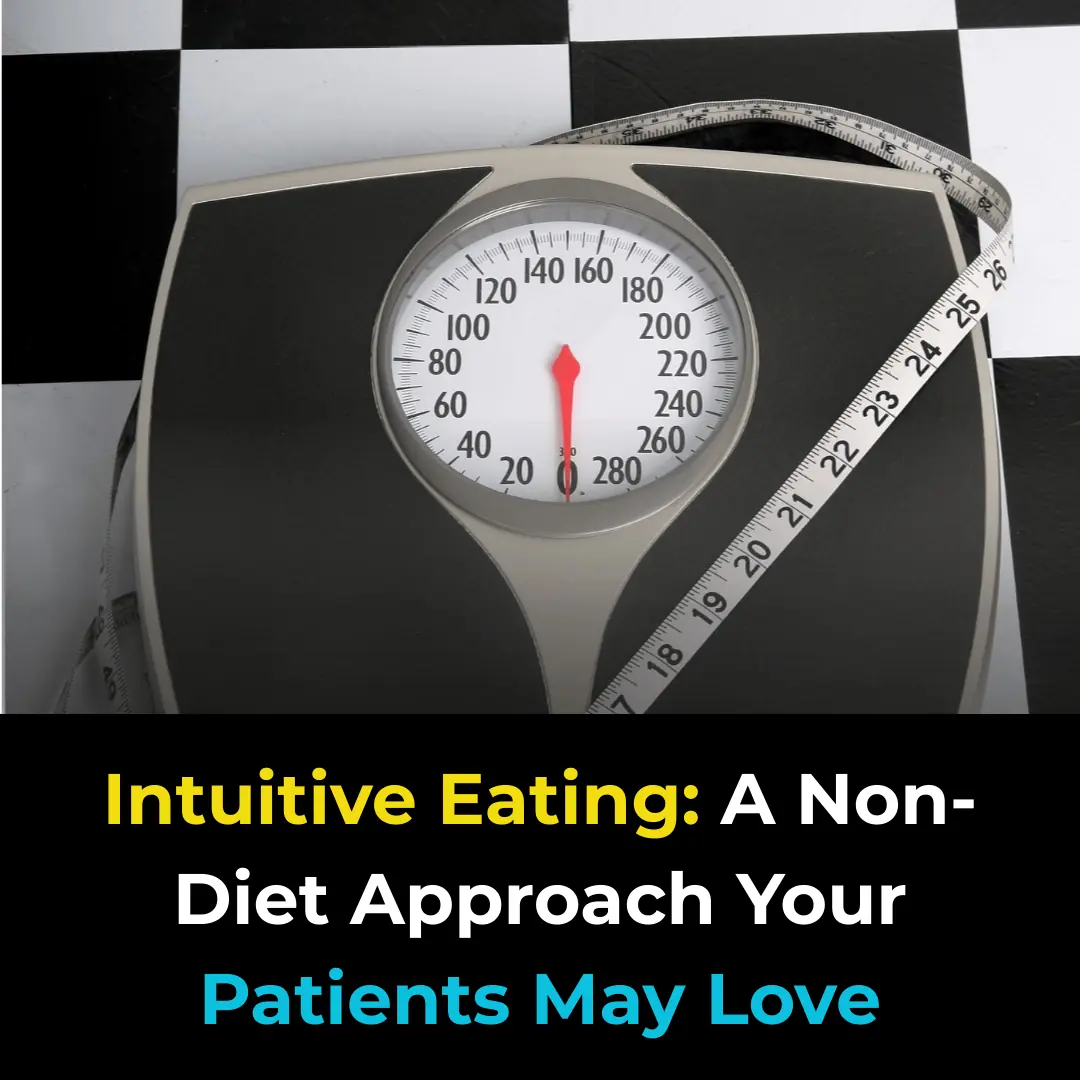
Intuitive Eating: A Non-Diet Approach Your Patients May Love

Global Prevalence of Hidradenitis Suppurativa Approaches 1%

Who Should Avoid Eating Chicken Feet?
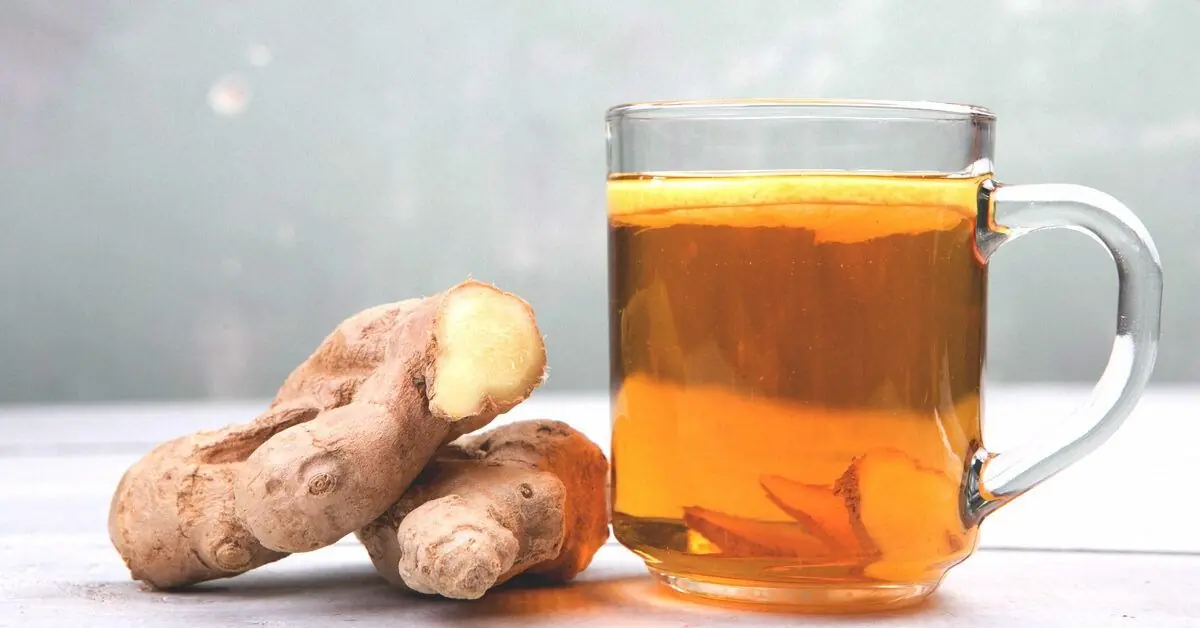
Here’s How To Get Rid of Sinus Infections Naturally, No Antibiotics Required!
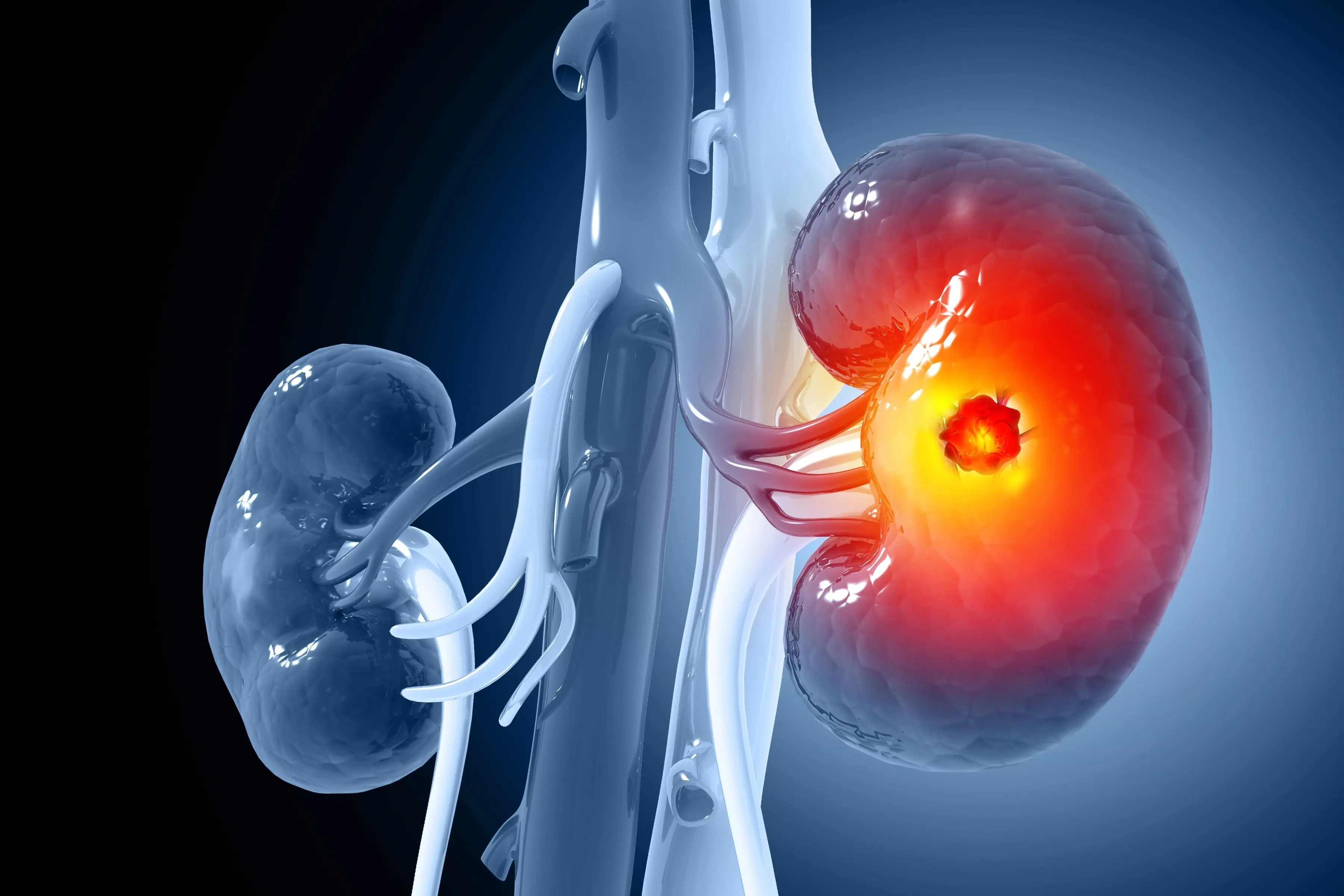
If You’re Experiencing THESE Symptoms, Your Kidneys May Be at Risk
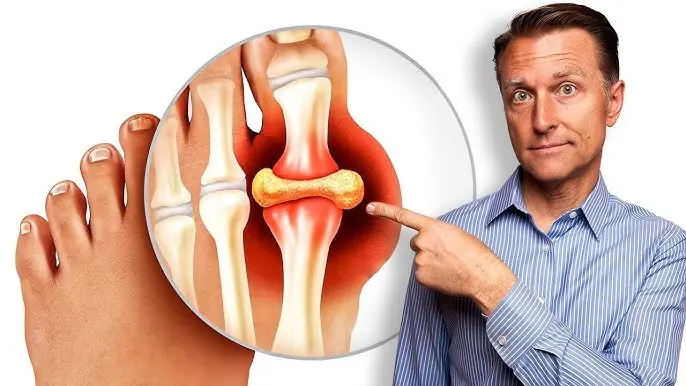
Best Natural Gout Treatments to Remove Uric Acid Crystallization and Prevent Gout And Joint Pain

Commonly Overlooked Signs Your Body Is Starving for Iron
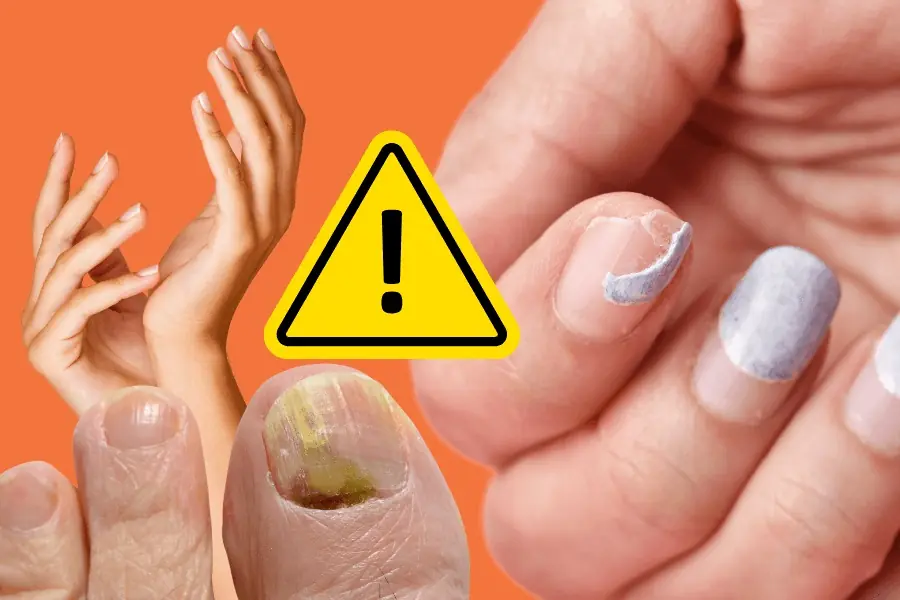
If Your Nails Show These 10 Signs, See a Doctor Immediately
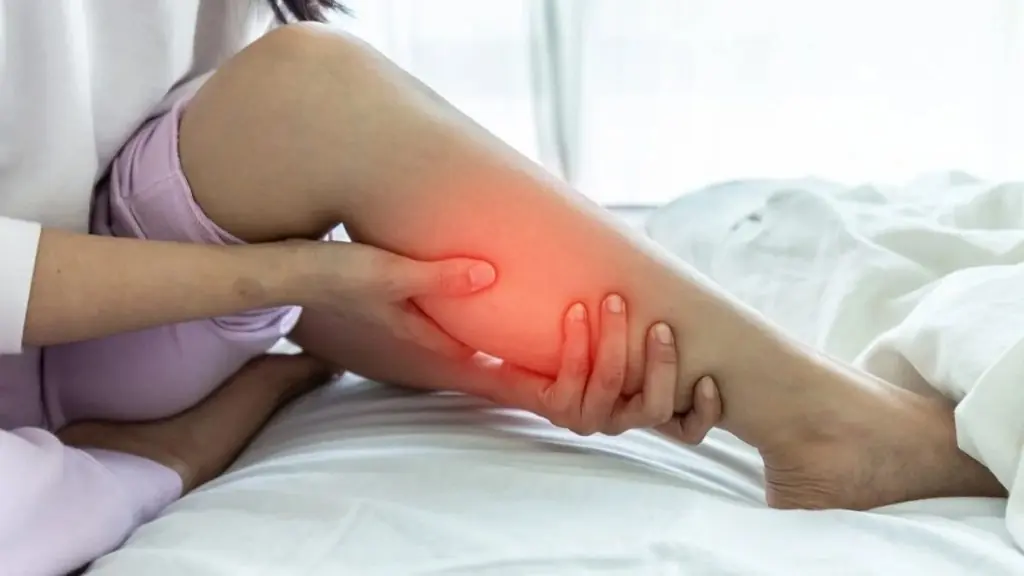
What’s Really Causing Your Leg Cramps at Night and How to Finally Stop Them

Amazing vitamin can help stop cancer growth and this is how much you need
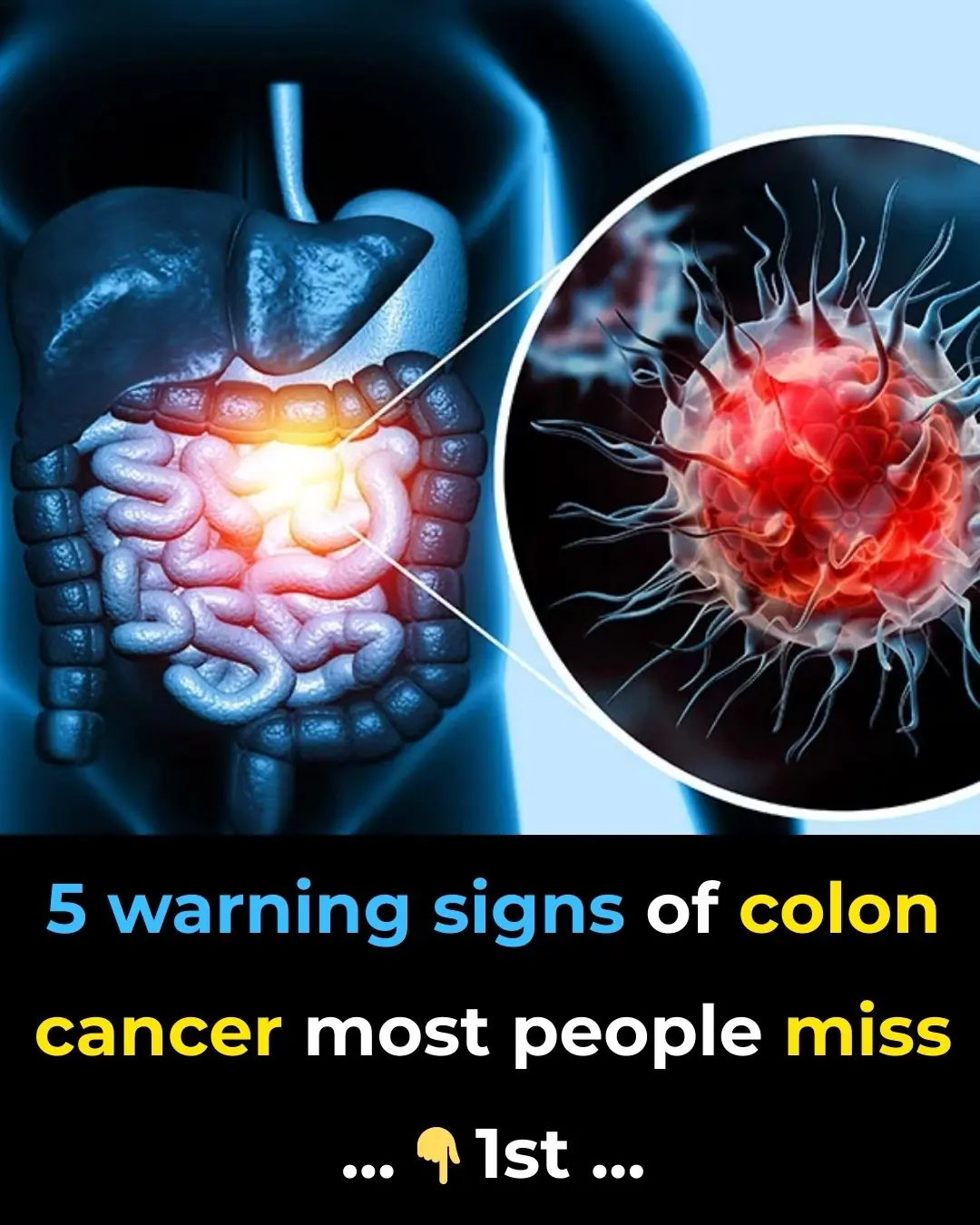
5 Unusual Signs Of Colon Cancer Folks Accidentally Ignore For Years
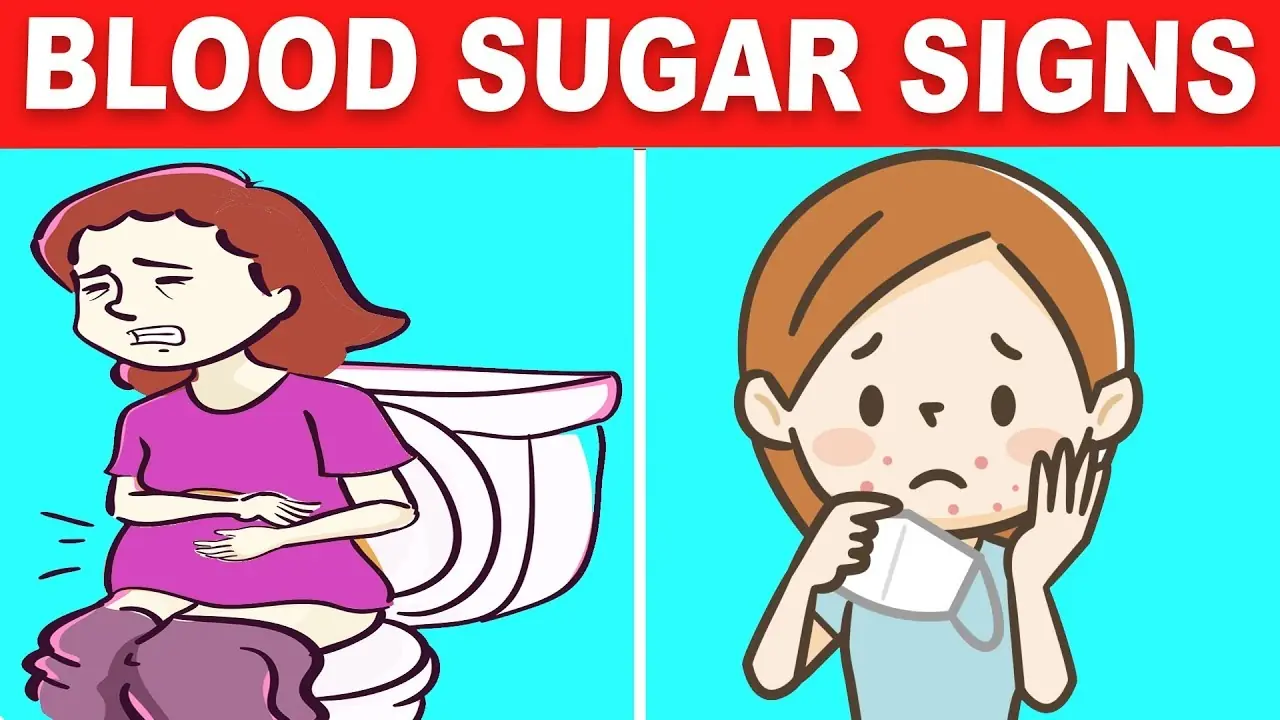
13 Early Warning Signs Your Blood Sugar is SUPER High
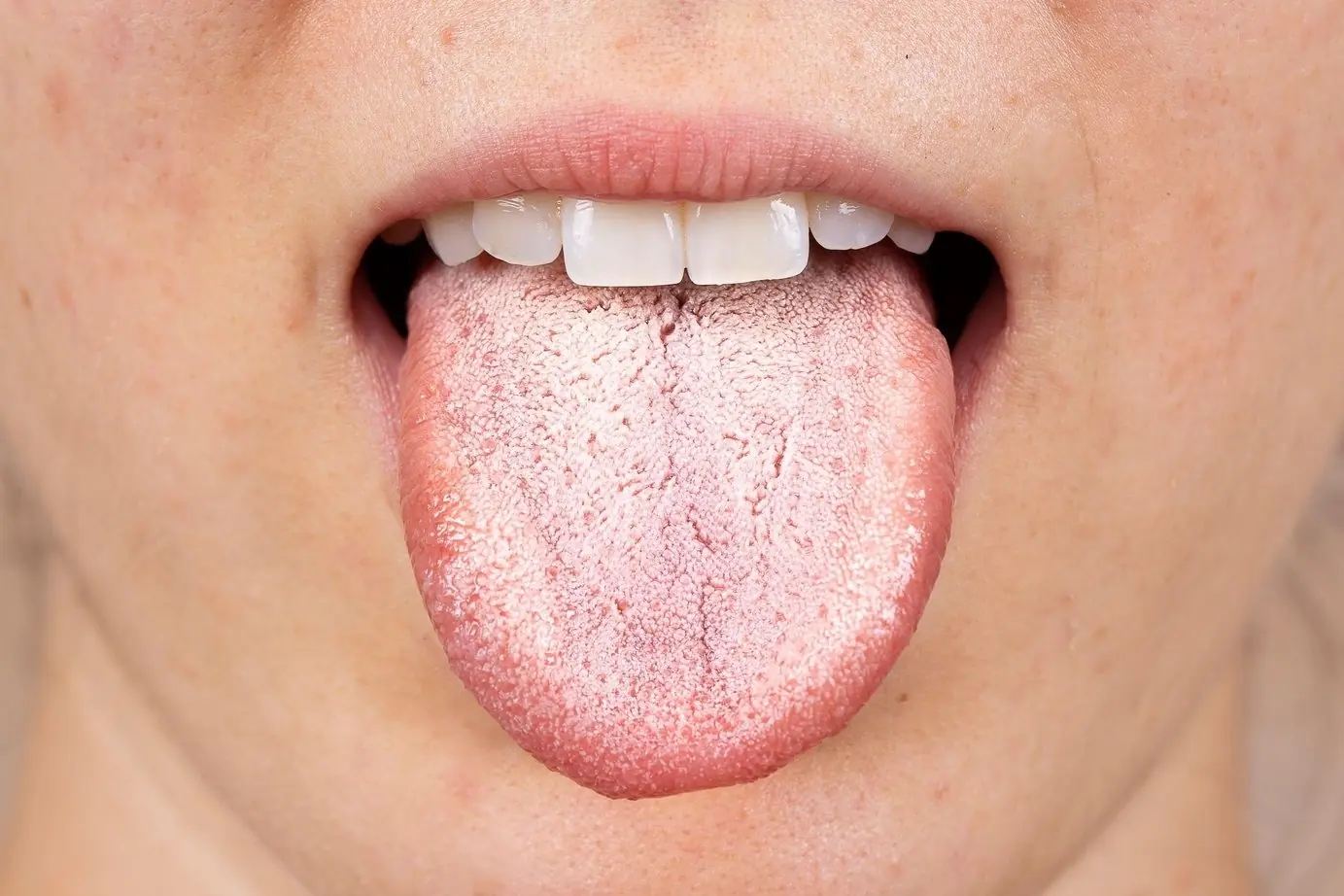
This Hidden Candida Symptom Starts in Your Mouth and Almost Everyone Misses It
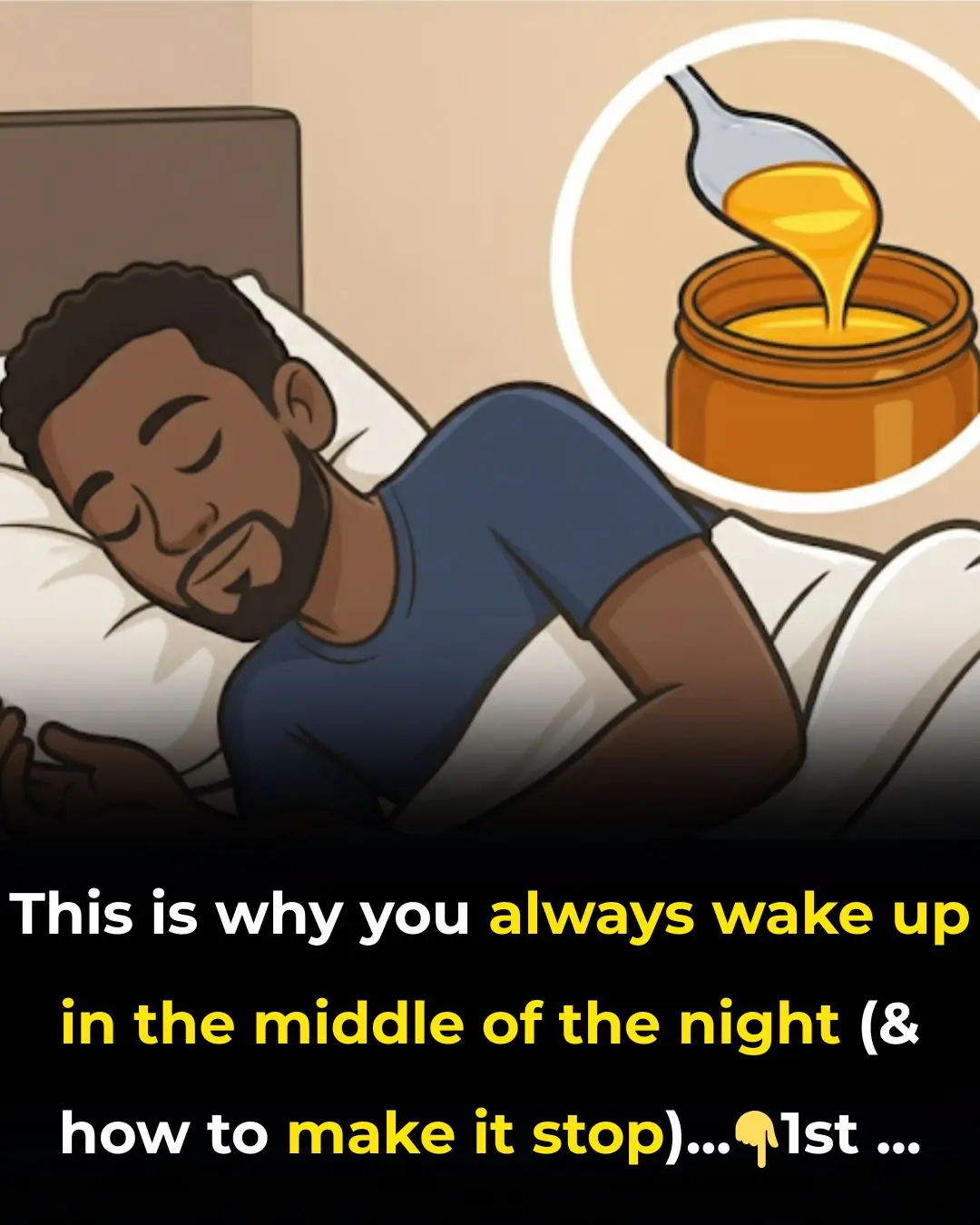
This is Why You Always Wake Up in the MIDDLE of the Night (and how to make it STOP)
News Post

Delta Pilot Spends Year’s Salary to Fly 112 Friends to Hawaii for Epic Retirement Sendoff

1 cup before bed: end restless nights and repair your nerves

5 foods that heal your body and STARVE cancer—eat these now!
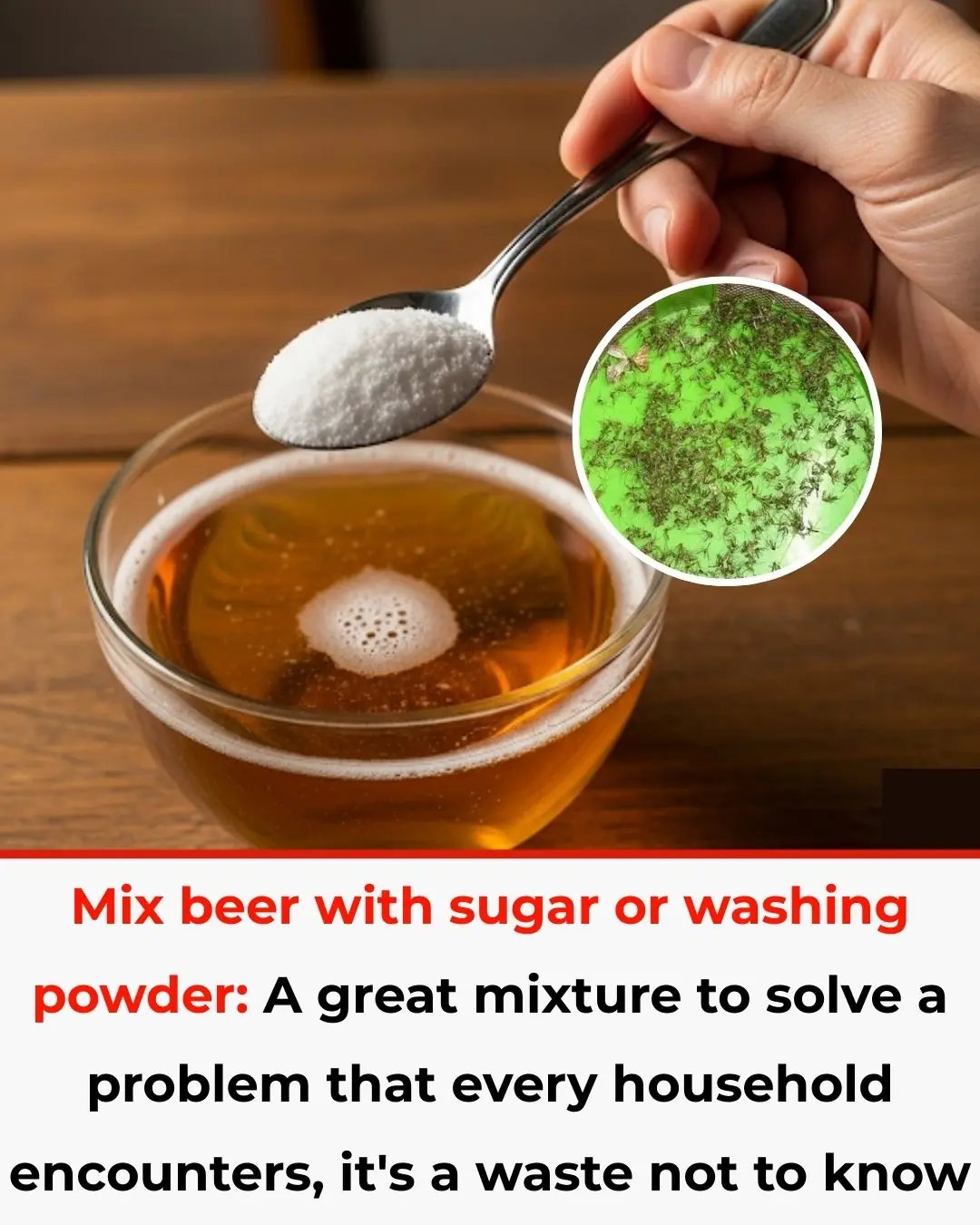
Mixing Beer with Sugar or Detergent: A Brilliant Solution to a Common Household Problem You Shouldn’t Miss

A Wild Herb That Grows Like Weeds, Used in Soups to Nourish the Liver and Strengthen Joints, Yet Most Vietnamese People Always Pull It Out When They See It

Is It Safe to Eat Rice Left Overnight in a Rice Cooker? A Personal Story and Expert Advice

Unbelievable footage shows moment Ukraine blows up two key Russian bridges using their own mines amid WW3 fears

Apple’s iPhone Users Are Justifiably Concerned By The New Meaning Of The Orange Dot On Their Screens

The Truth About “Old Person Smell”: What Causes It And How To Get Rid Of It

12 surprising foods that help dissolve blood clots naturally

Drinking perilla and lemon leaf tea brings these amazing health benefits to your body
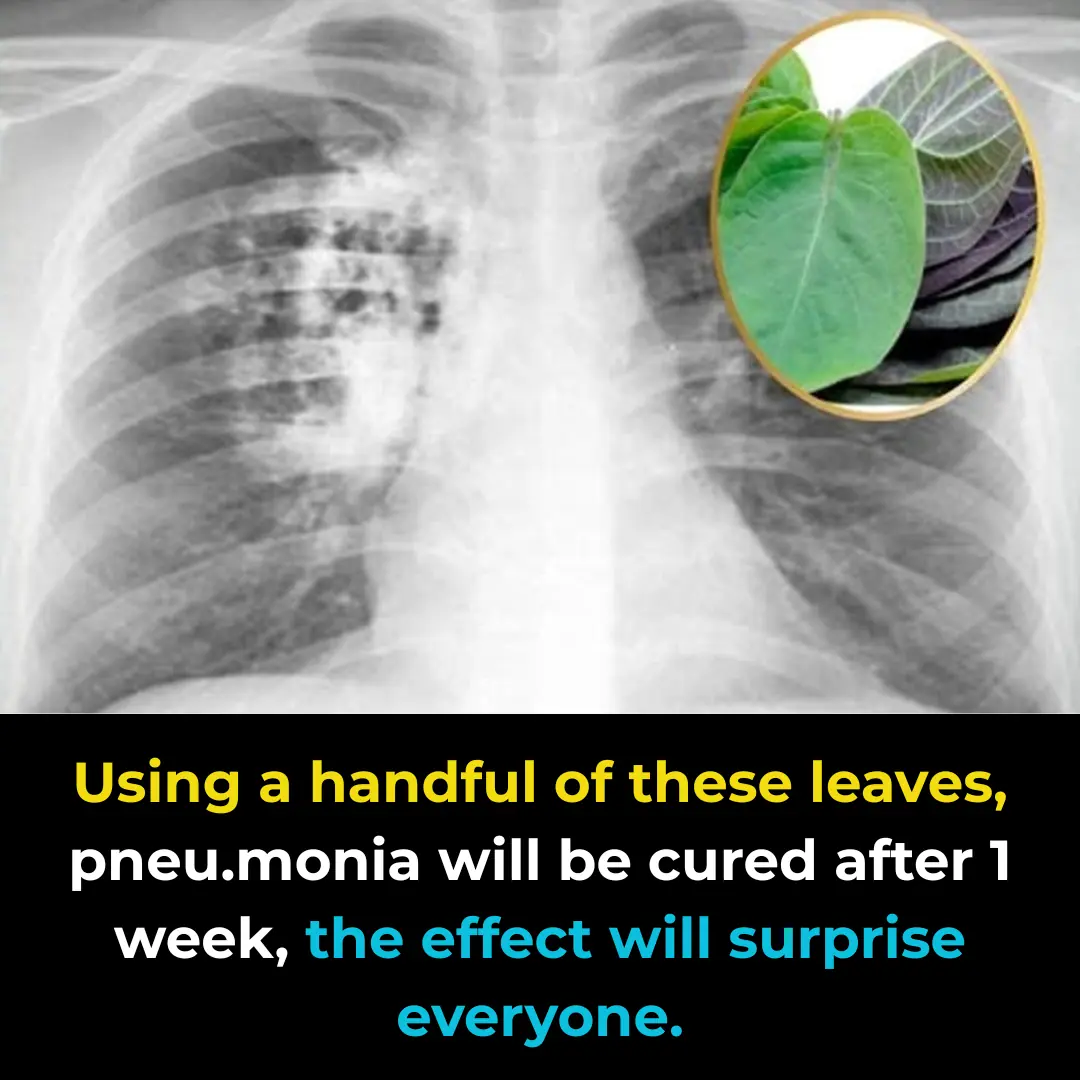
Using just a handful of Paederia foetida leaves, even severe lung inflammation can clear within a week — with results that surprise everyone.

5 Essential Life Skills Children Should Learn Early to Protect Themselves and Help Others

New B::l:ood Pressure Guidelines: 4 Things I Like and 2 Concerns

Intuitive Eating: A Non-Diet Approach Your Patients May Love

Saw This Trick For Oven Cleaning

Global Prevalence of Hidradenitis Suppurativa Approaches 1%

Who Should Avoid Eating Chicken Feet?
